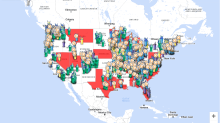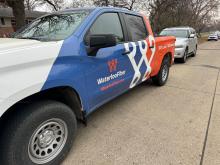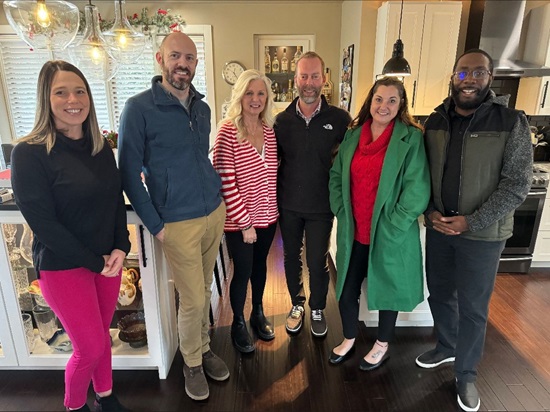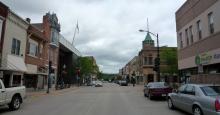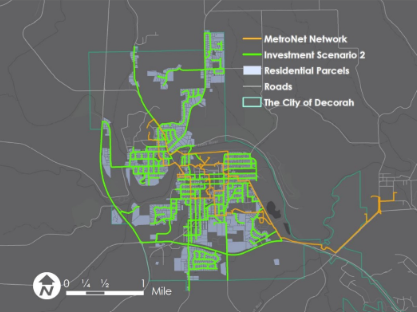Trump Commerce Department: 18 BEAD Proposals Approved by NTIA
*The following story by Broadband Breakfast Reporter Jake Neenan was originally published here.
The Commerce Department has approved 18 final spending plans under its $42.45 billion Broadband Equity, Access, and Deployment program. One state, Louisiana, had access to its funding, according to the agency.
Commerce’s National Telecommunications and Information Administration said Tuesday morning that plans had been approved from 15 states:
Arkansas, Connecticut, Delaware, Georgia, Hawaii, Iowa, Louisiana, Maine, Montana, New Hampshire, North Dakota, Rhode Island, South Carolina, Virginia, and Wyoming – and three territories – American Samoa, the Commonwealth of Northern Mariana Islands, and Guam.
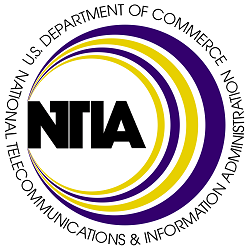
NTIA approval is one of the last steps before states and territories can start signing contracts and projects can get underway. Louisiana had gone through the remaining reviews and had access to its BEAD deployment funding Tuesday, NTIA said.
The agency said it would post more information on the approved final proposals on their BEAD website. The documents themselves weren’t online Tuesday morning.
It’s not clear to what extent the approved plans differ from the preliminary grant awards states posted in recent months. A major goal of the NTIA when it updated the program’s rules in June was to push deployment spending down, and as part of the approval process states in some cases had to revise tentative awards the agency considered too expensive.
NTIA said the approved states and territories came in $6 billion under budget relative to their BEAD allocations.








